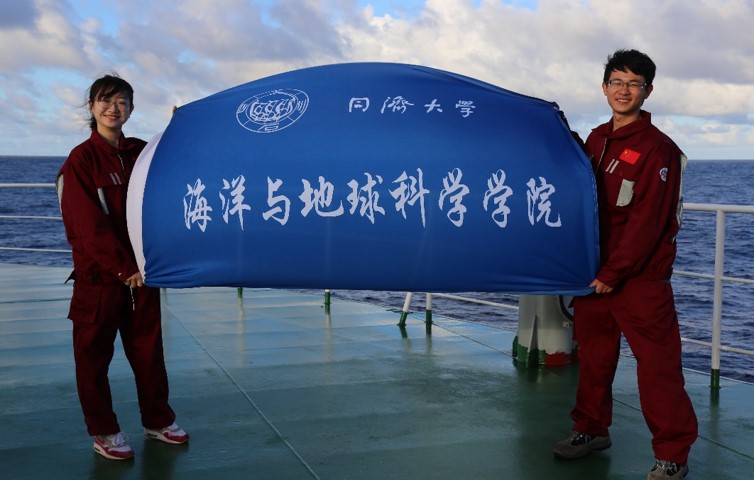The School of Ocean and Earth Science at Tongji University was founded in 2002, which can be traced back to the former Department of Marine Geology and Geophysics established in 1975. Since the academic degree systems was restored in 1982, the discipline of marine geology was among the earliest of acquiring the qualification to confer master’s degree, and became the only then doctoral program of marine geology in China in 1983. In 1991, a marine science postdoctoral research station was established. In 1992 and 1993 respectively, the School was successively authorized to offer master degree in applied geophysics and doctoral degree in solid geophysics.

It earns the support of national 211 project as well as the 985 project from the Ministry of Education. In 2000 and 2002, the discipline of marine geology was successively evaluated as the Key Discipline of Shanghai and National Key Discipline. In 2006, the State Key Laboratory of Marine Geology was established. In 2015, the discipline of marine science was selected into the “Peak Project” by Shanghai Municipal Government for the preparation of both nationwide and global top-level disciplines. In 2017, the discipline was listed on the “Strategic Plan for Establishing World-Class Discipline” of Tongji University, and got approval by the National Development and Reform Committee of China to take the leading role to construct the major science infrastructure project “National Long-term Seafloor Scientific Observation System”.

The School currently hosts about 130 faculty members, including 44 professors, 38 associate professors, 11 assistant professors, 15 technical staffs and 23 administrative staffs, and owns an outstanding academic team with Professor Wang Pinxian, member of the Chinese Academy of Sciences, as strategic scientist. Members include: 3 distinguished professors of “Cheung Kong Scholar” by the Ministry of Education, 6 NSFC-Distinguished Young Scholars, 4 chief scientists of 973 Program (National Basic Research Program of China), 3 chief scientists of “National Key Research and Development Plan”, 2 leaders of the “National Plan for Ten Thousand Talent Program”, 2 holders of the “Hundred, Thousand and Ten Thousand Talent Project (National level)”, 7 holders of “Trans/New Century Talents” by the Ministry of Education, 1 young scholar of “Chang Jiang Scholars Program” by the Ministry of Education, 1 holder of the “National Science Fund for Excellent Young Scholars”, 2 holders of “National Young Talents Program” and 2 holders of “Leading Talents of Shanghai”, 3 holders of Dawn Project of Shanghai and 6 holders of Shanghai Young Scholar awards, as well as an Innovation Research Group of National Natural Science Foundation.
The School also has 3 bachelor degree programs of marine science, geophysics and marine technology, 2 doctoral degree programs of marine science and geophysics, and 2 postdoctoral research stations of marine science and geophysics. Until 2020, the School homes 153 bachelor students, 158 master students and 145 doctoral students.

The academic goal of the School is to advance the understanding of tropical forcing of climate change and geological evolution of the western Pacific, with 5 integrated research areas of: paleoceanography and paleoenvironment, marine sedimentology, biogeochemistry, oceanic lithosphere evolution, oil and gas resources and exploration. Aiming at building itself a global top-level discipline and a world-class marine research center and talent training base, and with the mission of answering the national call for development of marine and oil gas resources, the School has been constantly playing an active role in international and national major projects, such as the International Ocean Discovery Program (IODP), the construction of National Long-term Seafloor Scientific Observation System, and the South China Sea Deep Project.